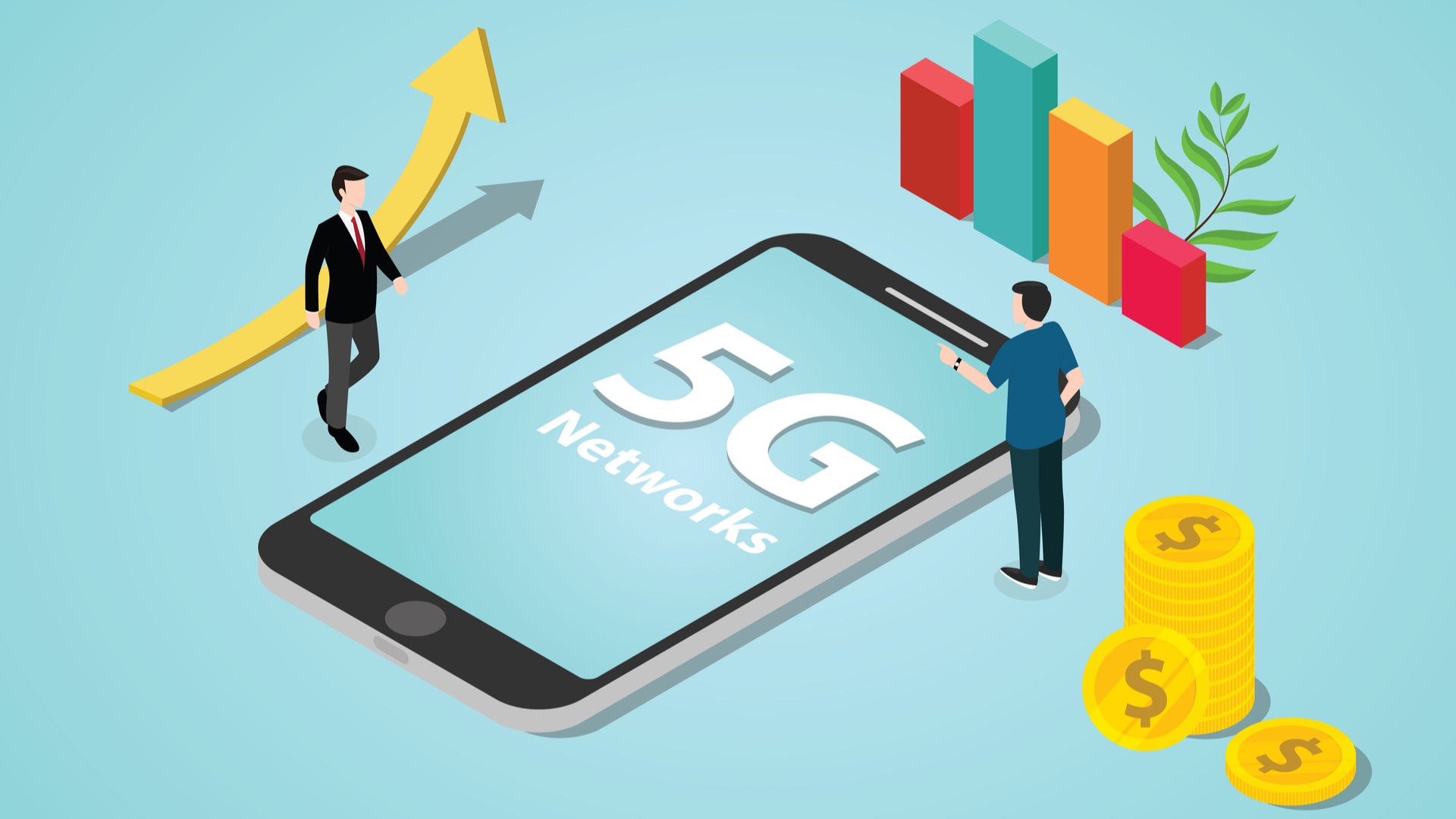5G could help the UK cut 269 megatonnes of CO2 emissions
O2 finds the majority of CO2 reduction will be achieved by 5G enabling more people to work from home


Sign up today and you will receive a free copy of our Future Focus 2025 report - the leading guidance on AI, cybersecurity and other IT challenges as per 700+ senior executives
You are now subscribed
Your newsletter sign-up was successful
The application of 5G in areas such as manufacturing, transport and healthcare could see the UK save up to 269 megatonnes of CO2 by 2035, according to a new report from O2.
By comparison, England’s total CO2 emissions in 2018 stood at 280 megatonnes.
O2 claims changes in how people work will contribute to the cutting down of the UK’s emissions and that 5G has a crucial role in powering the future of sustainability.
According to the telecom giant, 5G has the potential to greatly improve the remote working experience by powering virtual reality meetings and providing high-speed data processing capabilities.
This would diminish the need to commute to the office, many of which will remain closed through 2021, as well as make business travel a thing of the past.
O2’s research found that the significant majority (85%-89%) of CO2 reduction will be achieved by 5G enabling more people to work from home effectively.
Another area which will contribute to lower CO2 emissions thanks to 5G is manufacturing. According to O2, 5G will significantly increase automation, which in turn will greatly improve productivity and efficiency, as well as contribute to greater flexibility, lower costs and shorter lead times for factory floor production.
Sign up today and you will receive a free copy of our Future Focus 2025 report - the leading guidance on AI, cybersecurity and other IT challenges as per 700+ senior executives
According to estimates, the implementation of 5G in manufacturing could take up to 40 megatonnes of carbon out of the economy by 2035.
As an example, O2 presented the UK’s first live 5G factory, which is situated in the Worcester city centre and manufactures Bosch products.
Bosch director and UK5G advisory board member Eman Martin-Vignert said: “5G’s security credentials are vital to give manufacturers the confidence to build their factory’s digital infrastructure, which is something that Wi-Fi and 4G just can’t deliver on”.
“In a modern factory, there is a hugely intensive usage of data and data communication between the production line and between the technicians who are actually monitoring the production line - so 5G can empower a seamless communication between machine to machine, and machine to person,” added Martin-Vignert.
Commenting on the findings, O2 CEO Mark Evans said that “ultrafast connectivity can play a significant part in rebuilding Britain whilst helping to green the economy”.
“At O2 we are committed to playing our part. Our ‘Greener connected future’ report sets out a vision for how connected solutions enabled by 4G and 5G could power a green revolution over the next decade and beyond.
"If we invest now, there is a real opportunity for Britain to become a leading adopter of 5G and unleash the power of connected solutions to build a greener future for generations to come.”
Having only graduated from City University in 2019, Sabina has already demonstrated her abilities as a keen writer and effective journalist. Currently a content writer for Drapers, Sabina spent a number of years writing for ITPro, specialising in networking and telecommunications, as well as charting the efforts of technology companies to improve their inclusion and diversity strategies, a topic close to her heart.
Sabina has also held a number of editorial roles at Harper's Bazaar, Cube Collective, and HighClouds.
-
 ITPro Best of Show NAB 2026 awards now open for entries
ITPro Best of Show NAB 2026 awards now open for entriesThe awards are a fantastic opportunity for companies to stand out at one of the industry's most attended shows
-
 Mistral CEO Arthur Mensch thinks 50% of SaaS solutions could be supplanted by AI
Mistral CEO Arthur Mensch thinks 50% of SaaS solutions could be supplanted by AINews Mensch’s comments come amidst rising concerns about the impact of AI on traditional software
